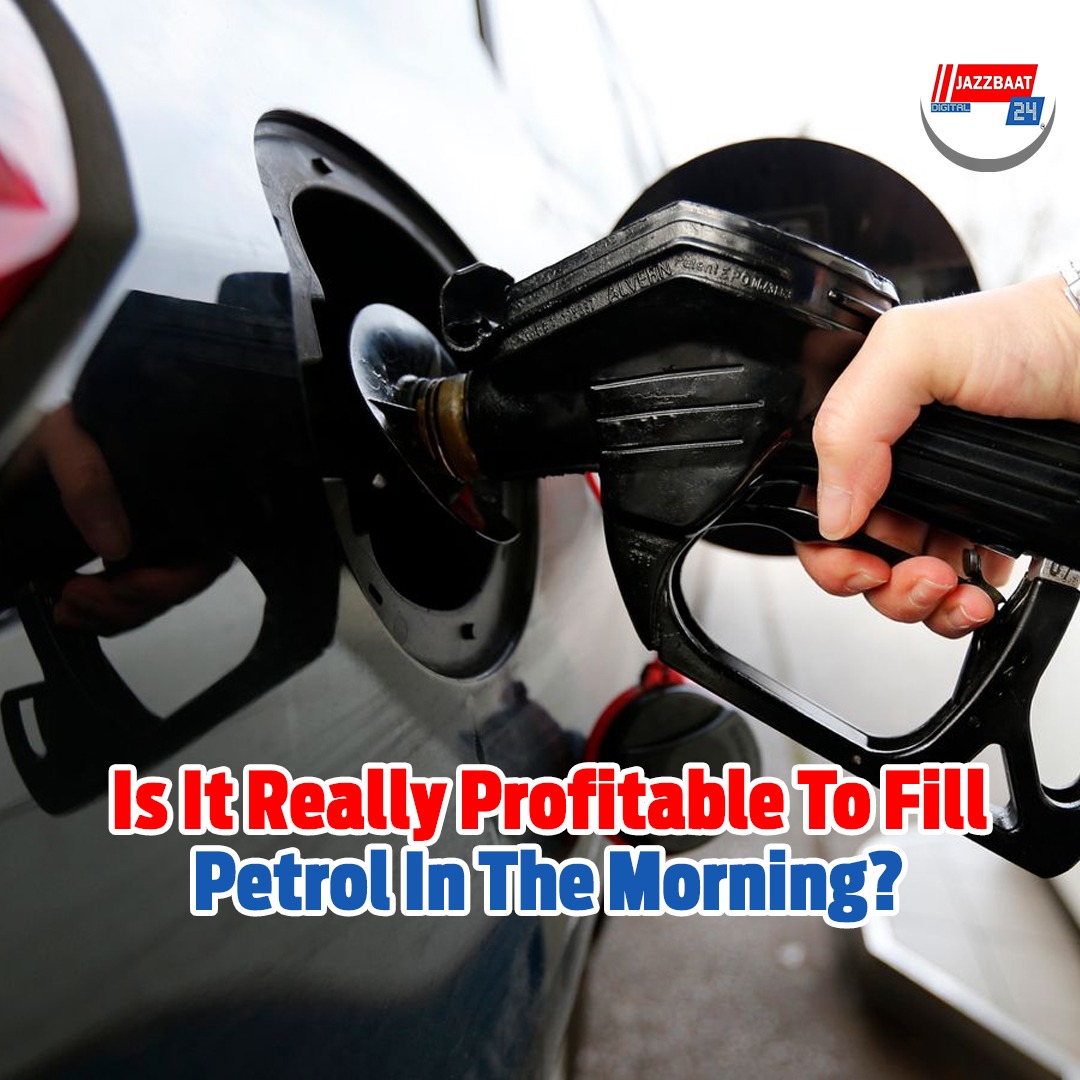
Today, the use of petrol and diesel has become an integral part of people's lives. From cities to villages, from highways to alleys — the speed of vehicles everywhere depends on this liquid fuel. Crores of litres of petrol and diesel are consumed every day in our country, and petrol pumps are working day and night to meet this huge demand. But while buying petrol or diesel, common people often get confused. Sometimes the fuel is adulterated, sometimes other fuel is mistakenly added, and sometimes there is a belief that it is more profitable to fill petrol at any time.
One such common belief is that filling petrol early in the morning is profitable. This idea has been around for many years and even today many car owners follow this 'trick'. They believe that filling petrol in the morning or when the temperature is low results in 'more' oil due to its higher density. But how much truth is there in this belief? Does it actually save money, or is it just a misconception?
To find the answer to this question, we must first understand where this logic came from. The science behind this idea is that liquids are relatively more dense in cold weather. That is, liquids expand when they heat up, and contract when they cool down. That is why many people think that filling up with petrol in the morning will actually get 'more' petrol in one litre. This is because petrol is cold and has a higher density. As scientific as this logic may seem, in reality the matter is not that simple.
Firstly, the machines used in modern petrol pumps are capable of automatically measuring the amount of fuel according to the temperature. These machines are designed to dispense exactly the amount of oil that is supposed to be dispensed. Whether the temperature rises or falls, the machine determines the amount of liquid fuel according to the specified density. As a result, you basically get the same amount of fuel in hot or cold weather.
Secondly, in India, there is a certain limit on the density of petrol or diesel, which is set by the government. The density of petrol is supposed to be 730 to 800 kg per cubic metre. If this standard is not met, action is taken against the pump concerned. Most modern petrol pumps have machines with which you can directly check the density. If it is found that the density is low, then it is not temperature-related, but the quality of the oil in that pump can be suspected.
Thirdly, the tanks kept in petrol pumps are usually underground and their temperature changes very slowly. No matter how hot the day is, the temperature of the fuel kept inside the tank remains fairly stable. So, there is no major change in the temperature or density of petrol based on the time — morning, afternoon or evening.
Therefore, it is understood that the argument “filling petrol in the morning gives more” is fundamentally wrong. This is a long-standing misconception, which is no longer applicable with the use of modern technology. Those who still fill petrol based on this idea are doing so mainly for emotional satisfaction, and in reality there is no financial or practical benefit from it.
However, keeping a few things in mind while filling petrol can reduce the risk of being cheated. For example, keeping a close eye on the meter while filling petrol, checking whether the full litre is being filled, getting a receipt and demanding a density test if necessary — these practices keep ordinary consumers aware. Also, if you suspect that petrol is adulterated or the correct quantity has not been given, you can file a complaint on the government's consumer protection number.
On the other hand, sometimes some unscrupulous employees deliberately tamper with the meter and give less fuel. Therefore, no matter what time of day you fill petrol, it is necessary to be careful. It is more effective to choose a reliable and honest pump instead of thinking about profit just in the hope of filling petrol in the morning.
Finally, the widespread idea of fixing the time of filling fuel based on the density or temperature of petrol is no longer realistic in today's technology-based system. Rather, only your awareness, caution and responsible use can protect your money and vehicle.